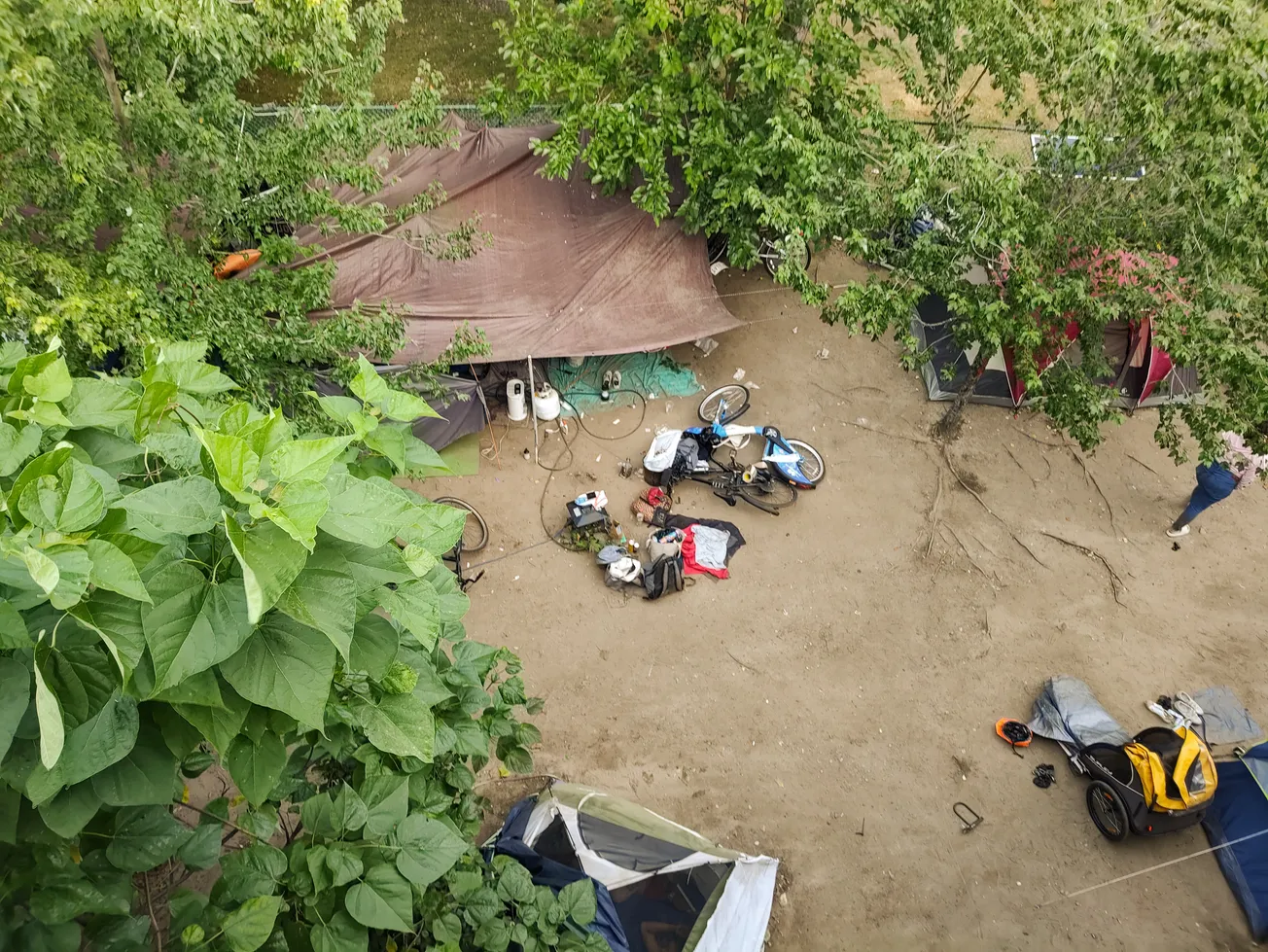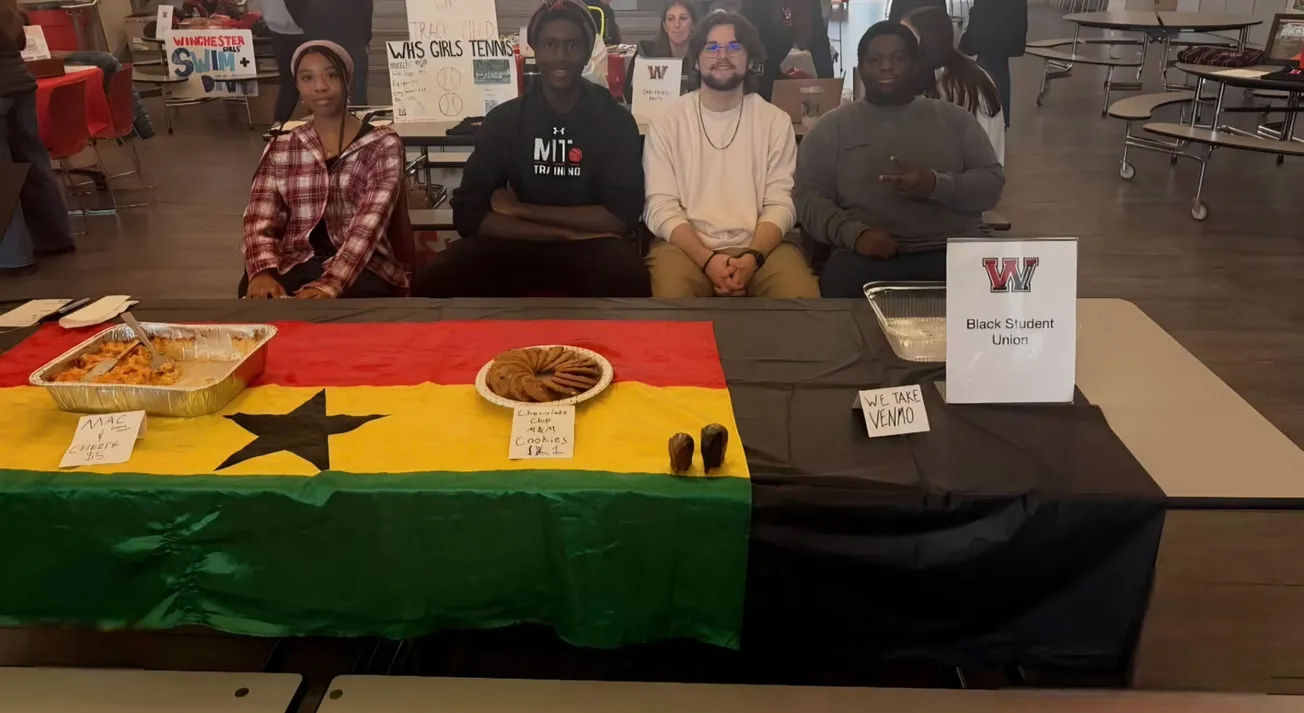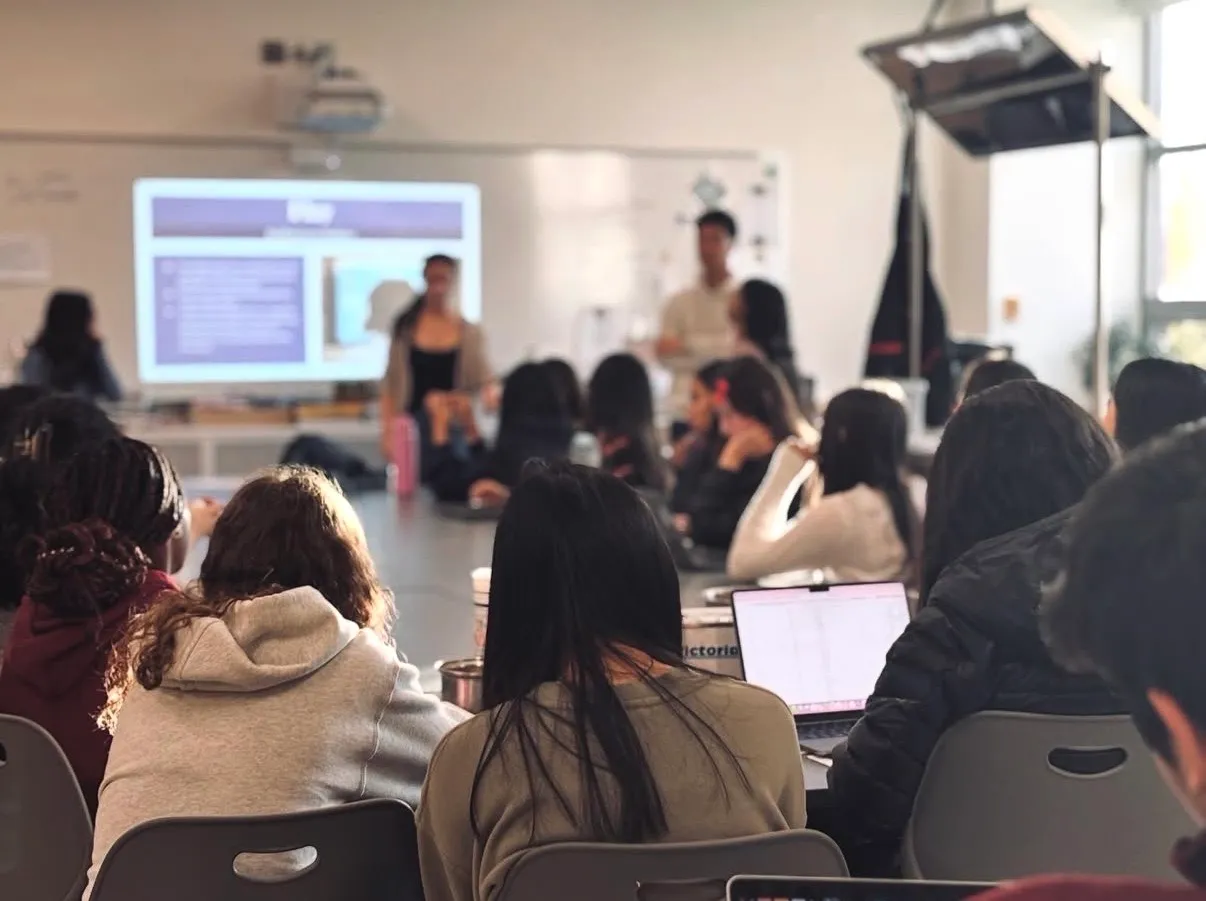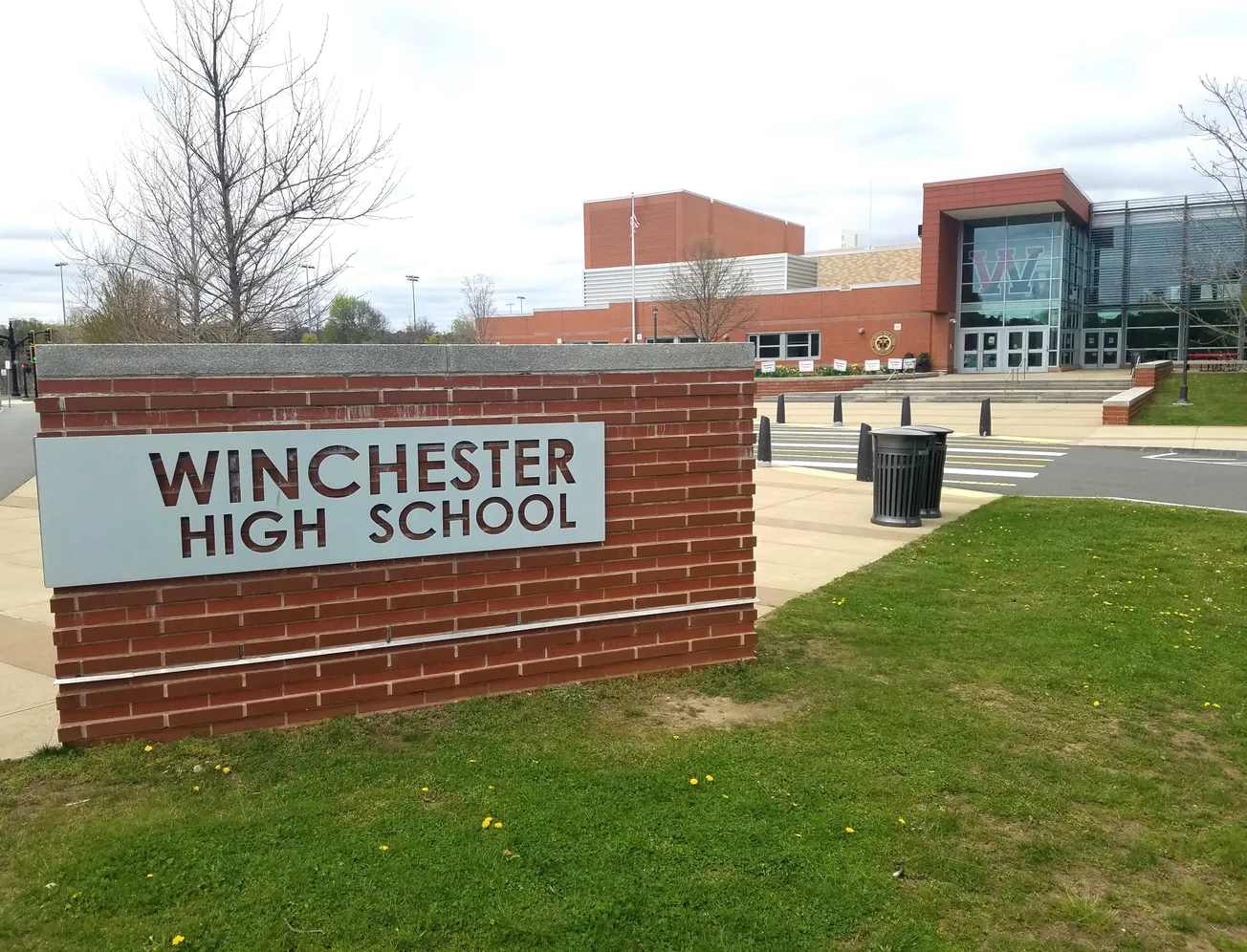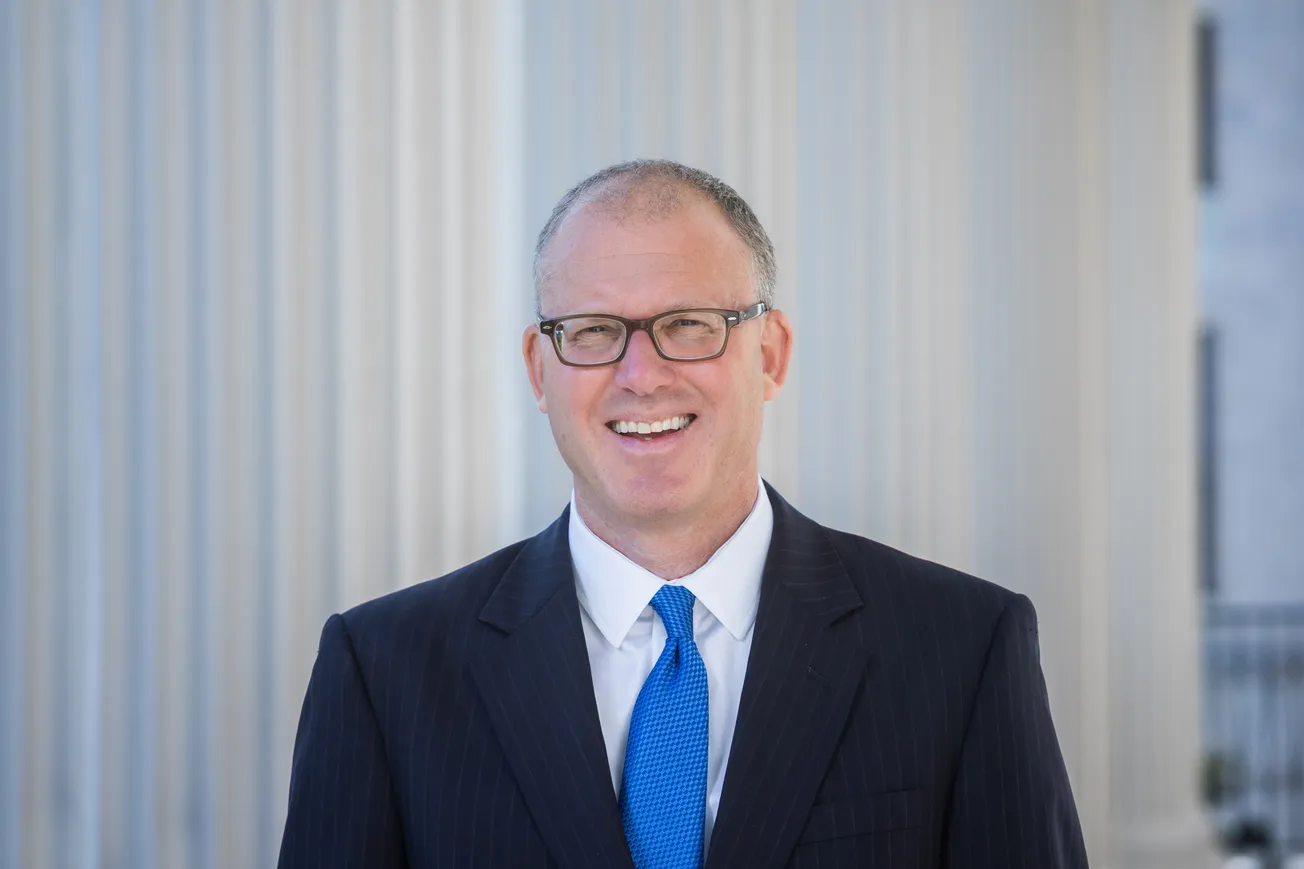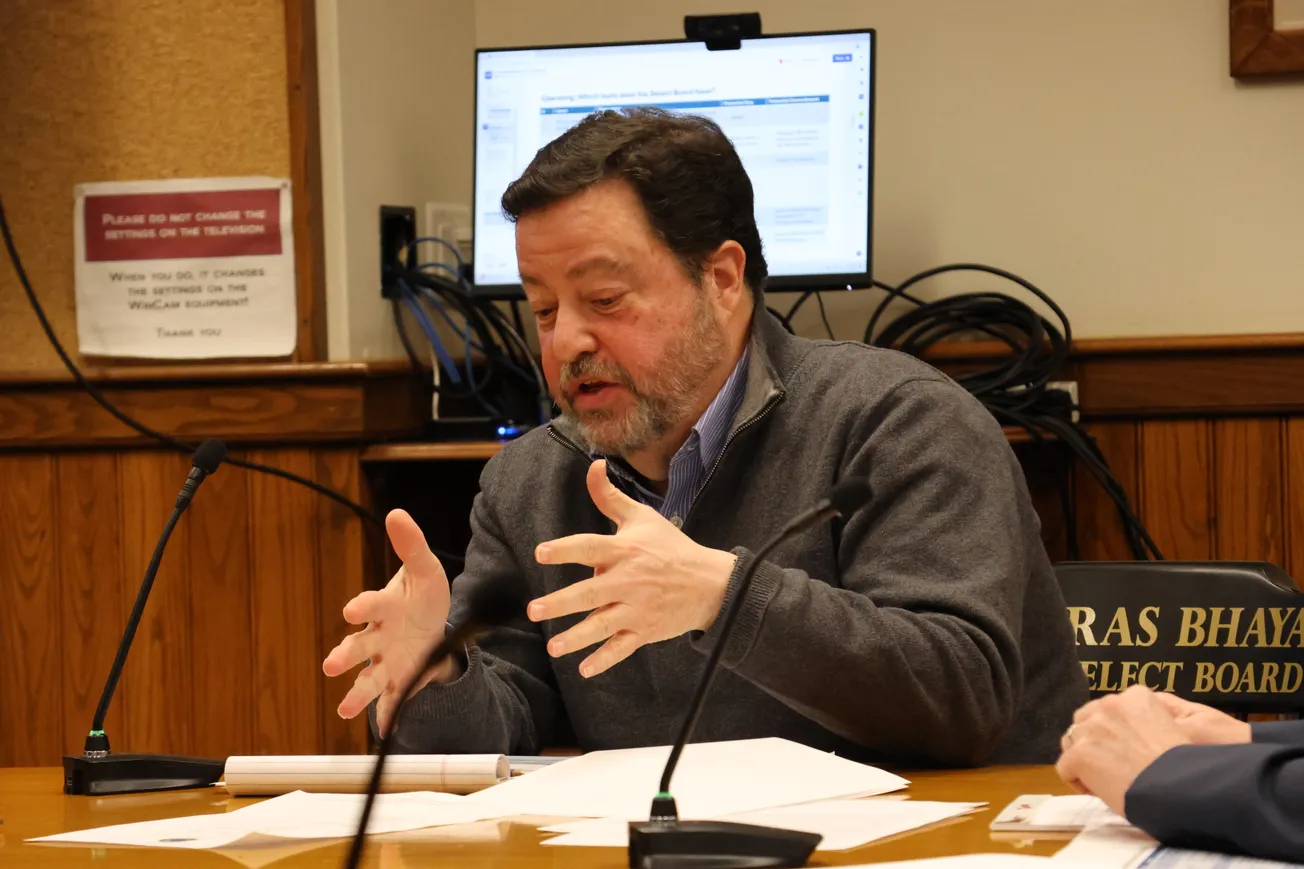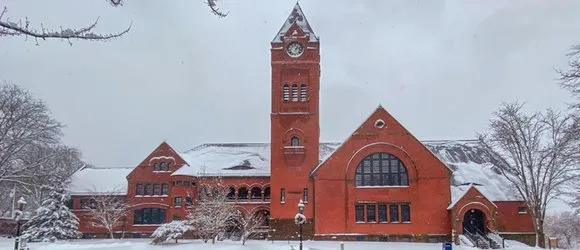Table of Contents
The following was submitted by eighth-grade students from the McCall Middle School for their civics project: Kendi Hall, Griffin Lindsay, Noor Halaseh, and Andrew Nims.
Homelessness: a topic often overlooked due to its repulsive nature. Being associated with dirt and drugs–things that people don’t want in their communities–this ever-growing problem is often dismissed.
However, homeless individuals face problems that most of us cannot imagine: finding food, shelter, and warmth is an everyday battle for many. These people are a part of almost every community, including our own, and it is our responsibility to help them regain security.
One way that we can make an impact is by simply understanding what homelessness is. Homelessness is defined by the Britannica school encyclopedia as “The state of having no home or permanent place of residence.”
But this issue stretches far beyond a lack of housing. It impacts individuals, families, and entire communities. It affects the well being and cleanliness of cities, and of the country. It is an invisible epidemic.
According to Margot Kushel, the director of the University of California, “In the U.S., more than 580,000 people experience homelessness nightly.” The actual homeless population is likely higher than this number due to the difficult nature of attempting to calculate a population this substantial. Homelessness is real, we see it in our streets, in our cities, and some might even be experiencing it themselves, or through their families.
Massachusetts, like most places in the county, is experiencing a surge of homelessness. This is seen in Boston as well as the Greater Boston area.
Lyndia Downie, the executive director of the Pine Street Inn, located in Boston explained, “That’s our biggest challenge right now, we just cannot find units for people.” To counter this, the mayor's office has taken action to create more affordable housing for the city's homeless population. Recently, an article released by the mayor's office, published on City of Boston, gave an account of Mayor Wu’s decision to join the multicity lawsuit against the department of housing and urban development, as well as the Trump Administration, because of their unlawful attempt to withhold nearly 50 million dollars of grant funding that had been awarded.
Many politicians express their beliefs on the matter and the actions that the government will take on a national level to sedate this crisis. An example of this is Kamala Harris’ proposed plan in the 2024 presidential election of “Housing First”, in which moving the unsheltered into houses would be a top priority.
The idea is that addressing the main issue of a lack of housing will in turn make it much easier to fix the underlying problems, such as drug addiction, mental health, and medical issues. This directly opposes President Donald Trump's plan, which stated that the homeless should only be offered housing once the aforementioned underlying issues have been resolved by professionals.
Since his reinstallment into office, President Trump has made cuts to the U.S. Interagency Council on Homelessness, the agency responsible for coordinating federal homelessness initiatives. There has also been word of potential cuts to HUD, Department of Housing and Urban Development. In simpler terms, our federal government is taking actions that will actively hurt and likely increase the homeless population of the United States.
This raises an essential question: how can we help? We know that as Winchester residents, homelessness doesn't affect us nearly as much as in other communities, so why should we care? The fact of the matter is that for our society to function properly, and for these issues to be solved, everyone must put in time and effort, even if this issue does not directly affect them.
We cannot allow ourselves to be blindsighted to this issue like the civically disengaged. We must take action for the benefit of everyone. Our efforts don't need to be huge acts of charity, hundred-thousand dollar grants, or establishing organizations. Deeds of any size count. Volunteer at a soup kitchen or a shelter. Donate to food and clothing drives.
In our area, there are places such as the ENKA Pantry and the Somerville housing coalition that we can donate to and volunteer at. Even something as simple as reading this editorial and staying informed makes a deeper impact than you know. Empathy goes a long way, but actions go even further.

